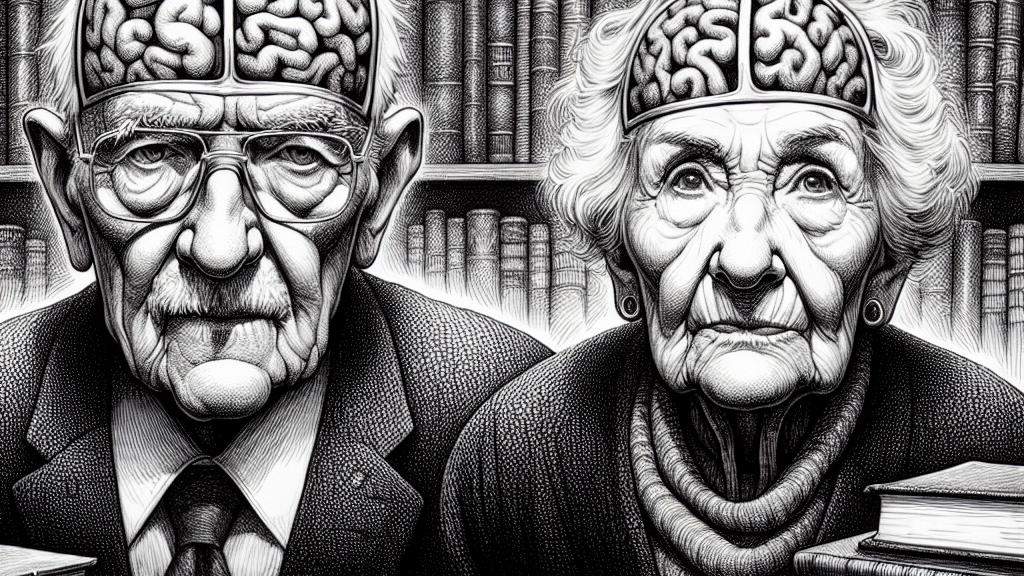Understanding Dementia: The Realities Beyond Brain Training
Overview
- Brain training alone fails to guarantee prevention of dementia.
- Age, genetics, and lifestyle choices are pivotal factors influencing dementia risks.
- Engaging in regular exercise and fostering social connections significantly benefit cognitive health.

The Alarming Rise of Dementia in Japan
Dementia has surged into a pressing public health issue in Japan, currently affecting around 4.6 million individuals. This staggering figure is not just a statistic; it's a vivid reminder of how our aging population grapples with cognitive decline. Recently, a well-respected neurosurgeon from Tokyo stirred conversations by boldly asserting that common brain-training activities—such as puzzles or memory games—are not foolproof methods to prevent Alzheimer’s disease. He backed this up with compelling anecdotes: both he, a neurosurgery professor, and an anesthesiologist he knows eventually succumbed to dementia, despite their impressive credentials. This critical insight underscores a vital message: dementia is a multifaceted condition that cannot be prevented by intellectual engagement alone.
Understanding Risk Factors and Comprehensive Prevention Strategies
It is crucial to recognize several key factors that elevate the risk of dementia, with age reigning as the most significant. In Japan, a remarkable 70-80% of Alzheimer’s diagnoses occur in individuals aged 65 and over, so age must be central to our understanding. Additionally, genetic factors reinforce this risk; individuals with a family history of Alzheimer’s are statistically more likely to develop the disease themselves. Instead of merely focusing on brain training, experts advocate for a holistic approach. This includes regular physical activity, which enhances blood flow to the brain, and building social connections that can stave off the loneliness and depression that contribute to cognitive decline. For instance, programs like 'cognicise' combine enjoyable exercises with memory challenges, allowing participants to simultaneously improve their minds and bodies in a fun, engaging environment. This innovative approach illustrates how integrating physical and mental activities can effectively reduce dementia risk.
Expanding Perspectives on Cognitive Engagement
To genuinely protect against cognitive decline, it's essential to embrace a diverse range of stimulating activities. Take reading, for example—research highlights it as a powerful brain enhancer, especially when done aloud. Moreover, experimenting with new hobbies, whether it’s painting vibrant landscapes or learning to play a musical instrument, can ignite creativity while boosting cognitive capabilities. Engaging socially—be it participating in intergenerational events or sharing stories with friends—also nurtures fresh neural connections. This comprehensive view contrasts sharply with the outdated perception of brain training as a solitary endeavor. Imagine incorporating movement into daily tasks, such as doing light exercises while practicing math problems or learning new languages; this integrated approach has been shown to provide optimal benefits. By harmonizing mental stimulation with physical activity, individuals can markedly uplift their cognitive health, navigating their golden years with confidence and zest. Ultimately, it’s about cultivating a vibrant routine that nurtures both the mind and body, fostering a fulfilling, balanced life.

Loading...